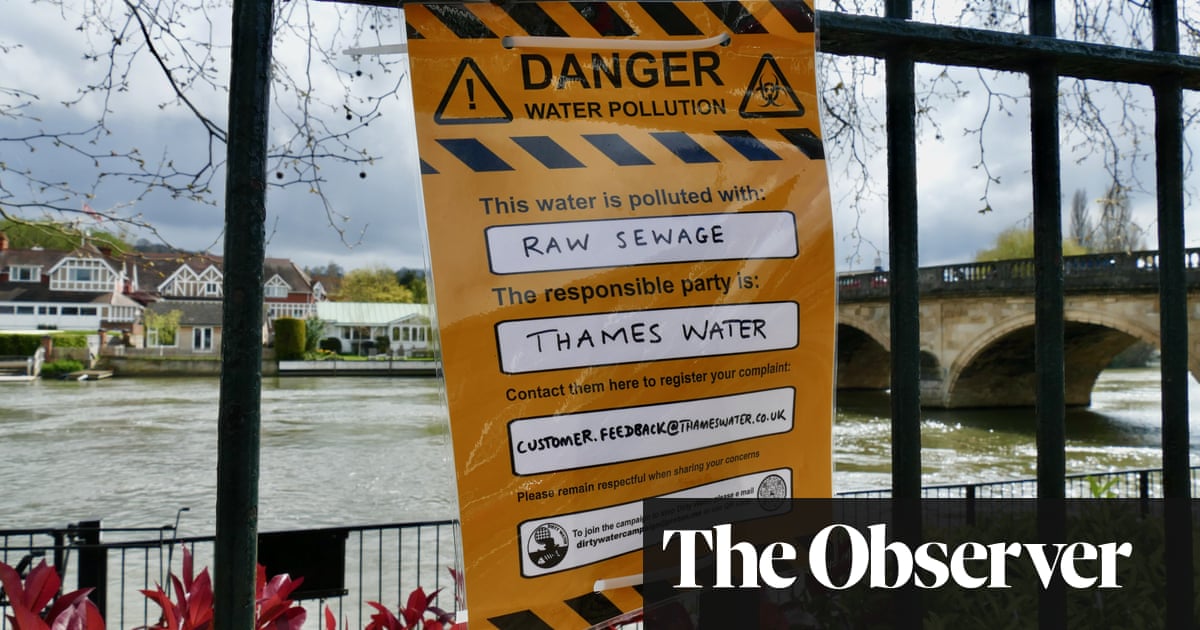
The ministers of foreign affairs and irrigation and intelligence chiefs of Egypt, Sudan and Ethiopia will meet on Tuesday in Addis Ababa to discuss the Renaissance Dam, amid tension and mutual accusations that do not predict an imminent consensus.
In remarks to Asharq Al-Awsat, Egyptian sources said that Egypt had “other documents and alternative routes to resolve the crisis in all cases.”
The current dispute between Egypt on one hand, and Ethiopia and Sudan on the other is based on the preliminary report prepared by a French consultant office for a study to be carried out by the latter, which identifies the potential negative impacts of the Ethiopian dam at the economic, social and environmental aspects.
Egyptian Foreign Ministry Spokesman Ahmed Abou Zeid expressed his country’s concern about the obstruction of the negotiations, noting that Tuesday’s meeting “comes as a follow-up to the results of the first meeting held in Khartoum on April 4, upon the directives of the leaders of the three countries during their meeting on the sidelines of the African Summit in Addis Ababa in January.”
Abou Zeid said Egypt was hoping that the high-level meeting would implement the directives of the leaders, and would find solutions to the obstacles hampering the work of the Tripartite Technical Committee.
He underlined the need to abide by the Declaration of Principles, which was signed in 2015, “for the mutual benefit of all parties… and to build on the great possibilities and opportunities available for tripartite cooperation in various fields such as trade, investment, technical cooperation and other.”
Sudan had canceled a meeting, which was expected to be held on Sunday, in the presence of the water ministers in the three countries, after the Egyptian side declined to participate. Speaking on condition of anonymity, an Egyptian source said: “Dialogue at the political level will be better since technical meetings have failed to reach consensus.”
Cairo fears the dam could negatively affect the flow of its annual share of the Nile River, estimated at 55.5 billion cubic meters per year. Ethiopia says the dam will have many benefits, especially in the production of electricity, and will not hurt the downstream countries, including Sudan and Egypt.












